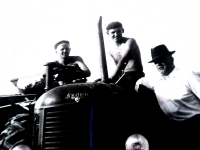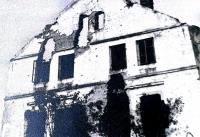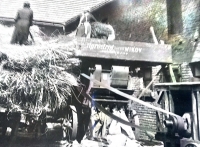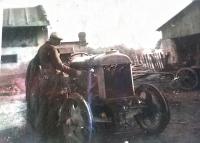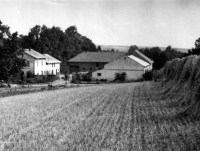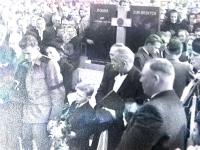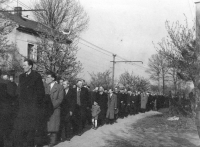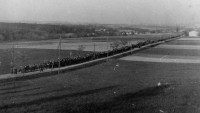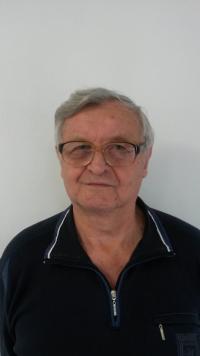The communists have destroyed my family and I cannot understand how come that the Communist Party can still exist

Download image
Jiří Bárta was born January 9, 1934 as the middle one of three sons of Bohuš Bárta, a respected and successful farmer who worked on the lands in Poruba, which is now the city borough of Ostrava. Their farm was damaged during the liberation of Ostrava in 1945 but the family managed to make it prosperous again soon after. The Bárta family however got into debt during the renovation of their farm. The communist regime made use of their situation in 1948. The authorities determined that the Bárta family was unable to deliver the required compulsory delivery quotas of agricultural products to the state and they classified them as kulaks. The family’s property was taken over by the Unified Agricultural Cooperative and the family was evicted to a small lodge without any water supply or bathroom. Bohuš Bárta died in 1953 at the age of fifty-three years as a result of the stress he suffered. His eldest son Otakar had to do military service in the Auxiliary Technical Battalions and Jiří was repeatedly not admitted to the university. His personal-political profile stated that he was a son of a kulak. He has been working as an ordinary construction technician all his life. After 1989 it took the Bárta family five years to settle their restitution claims.
